In response to many opinions surrounding the content of allowing businesses to calculate, announce and decide on retail prices of gasoline and oil in the dossier serving the appraisal of the Draft Amendment to the Decree on gasoline and oil trading that has just been sent by the Ministry of Industry and Trade to the Ministry of Justice, in an exchange with a reporter of the Industry and Trade Newspaper, economic expert, Dr. Le Dang Doanh - Former Director of the Central Institute for Economic Management Research (Ministry of Planning and Investment) said that allowing businesses to calculate and decide on retail prices based on fixed costs announced by the State is necessary and consistent with the current market mechanism.
“Because Vietnam has now deeply integrated into the world economy, Vietnam's export and import turnover are both higher than GDP, so it is necessary for businesses to be autonomous and self-determined in their selling prices,” Dr. Le Dang Doanh affirmed.
 |
| Businesses may be able to decide on their own gasoline prices (Photo: Thanh Tuan) |
However, according to Dr. Le Dang Doanh, in order for the Decree on petroleum trading to truly come into effect and create sustainability and stability for petroleum trading activities, the Ministry of Industry and Trade needs to continue to seek comments from economic experts, especially the business community and business associations on this content. Because petroleum is an essential commodity and plays an important role in the lives as well as production and business activities of enterprises, allowing enterprises to calculate and announce retail petroleum prices themselves also raises concerns that it will bring great advantages to key enterprises, while not clearly defining the rights of the stages in the petroleum supply chain.
"We should consider and calculate carefully to avoid monopoly, while balancing the interests between petroleum enterprises in the supply chain, as well as the interests between petroleum enterprises and petroleum-using enterprises" - Dr. Le Dang Doanh expressed.
Regarding the Gasoline Price Stabilization Fund as proposed in the Draft Decree, the Ministry of Industry and Trade does not provide regulations on the management of the Gasoline Price Stabilization Fund as in previous Drafts.
According to the proposal, the balance of the Petroleum Price Stabilization Fund, instead of being kept at the main enterprises as it is now, will be considered for transfer to the budget and the allocation and disbursement of this Fund will be carried out according to the 2023 Price Law. At the same time, the Stabilization Fund will not be used regularly, but when there are unusual fluctuations in petroleum prices, the Ministry of Industry and Trade will preside over and coordinate with ministries and branches to develop stabilization measures and send them to the Ministry of Finance for synthesis and submission to the Government for consideration and decision on the policy for implementation.
The draft also proposes that the Ministry of Finance will guide key petroleum traders to transfer and pay the balance of the stabilization fund to the state budget.
Regarding this proposal, some opinions said that bringing the Petroleum Price Stabilization Fund under one authority will help to centralize management and if there is any loss, responsibility will be clarified. However, even though the State management agency holds the Petroleum Price Stabilization Fund, there still needs to be a monitoring mechanism to ensure transparency, publicity, and avoid loss and misappropriation of people's money.
Regarding this issue, according to the Ministry of Public Security, in recent times, the state management and use of the Petroleum Price Stabilization Fund have had many loopholes and shortcomings, allowing some key petroleum traders to misappropriate and misuse them; some authorities and public opinion of petroleum businesses have opposing opinions on the necessity of maintaining the Petroleum Price Stabilization Fund.
Therefore, the Ministry of Public Security proposes that the Ministry of Industry and Trade coordinate with the Ministry of Finance to carefully assess the role and effect of the Price Stabilization Fund in achieving the goal of stabilizing domestic gasoline prices in the face of sudden price fluctuations in the world gasoline market; the conformity of regulations on the Price Stabilization Fund with legal regulations. In case of continuing to maintain the Price Stabilization Fund, the Ministry of Industry and Trade proposes to study and amend and supplement the Draft Decree to strictly regulate the establishment, use and management of the Price Stabilization Fund.
Sharing the same view, some opinions also proposed clarifying the position, functions, tasks, powers, and operating mechanism of the Fund; clearly defining the state management function of the Petroleum Price Stabilization Fund in accordance with the functions, tasks, and powers of ministries and branches to submit to the Government for consideration and decision.
According to Dr. Le Dang Doanh, this is a complicated issue. To effectively manage the fund, the Ministry of Finance needs to establish a council with the participation of key enterprises and relevant agencies to decide on the level of expenditure and provision during times of strong fluctuations in world prices. The use of the Price Stabilization Fund needs to be implemented effectively, as its name suggests, to stabilize the market.
According to the latest data released by the Ministry of Finance, the balance of the Petroleum Price Stabilization Fund is currently nearly VND 6,700 billion. In the management periods from the beginning of 2024 to present, the joint Ministry of Finance - Ministry of Industry and Trade has not used the fund, some periods have made fund allocations for some oil products. The Petroleum Price Stabilization Fund is being set aside and used according to the instructions in Circular 103/2021. Accordingly, this fund can only be used when the difference between the base price of the announced period and the base price of the previous period immediately following the management period increases by 7% or more. When the price decreases by more than 5%, the fund can be set aside more, in addition to the prescribed 300 VND/liter. |
Source: https://congthuong.vn/de-doanh-nghiep-tu-tinh-toan-va-cong-bo-gia-ban-xang-dau-can-thiet-va-phu-hop-co-che-thi-truong-333796.html



![[Photo] Prime Minister Pham Minh Chinh chairs meeting to discuss tax solutions for Vietnam's import and export goods](https://vstatic.vietnam.vn/vietnam/resource/IMAGE/2025/4/10/19b9ed81ca2940b79fb8a0b9ccef539a)
![[Photo] Phuc Tho mulberry season – Sweet fruit from green agriculture](https://vstatic.vietnam.vn/vietnam/resource/IMAGE/2025/4/10/1710a51d63c84a5a92de1b9b4caaf3e5)



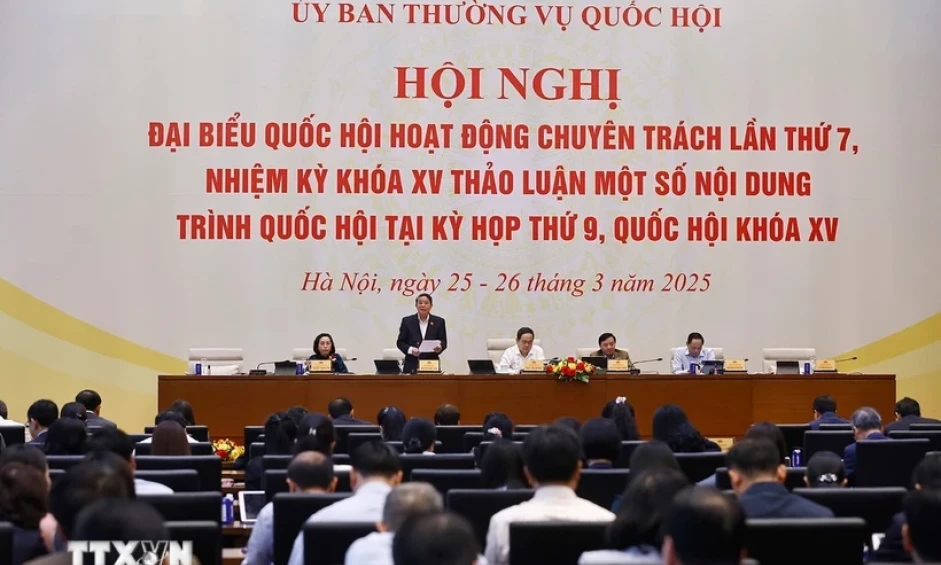

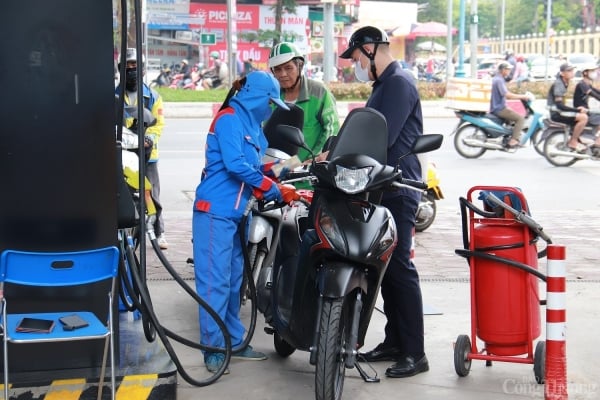
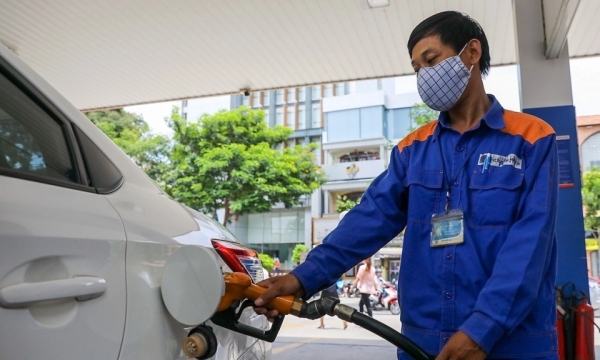
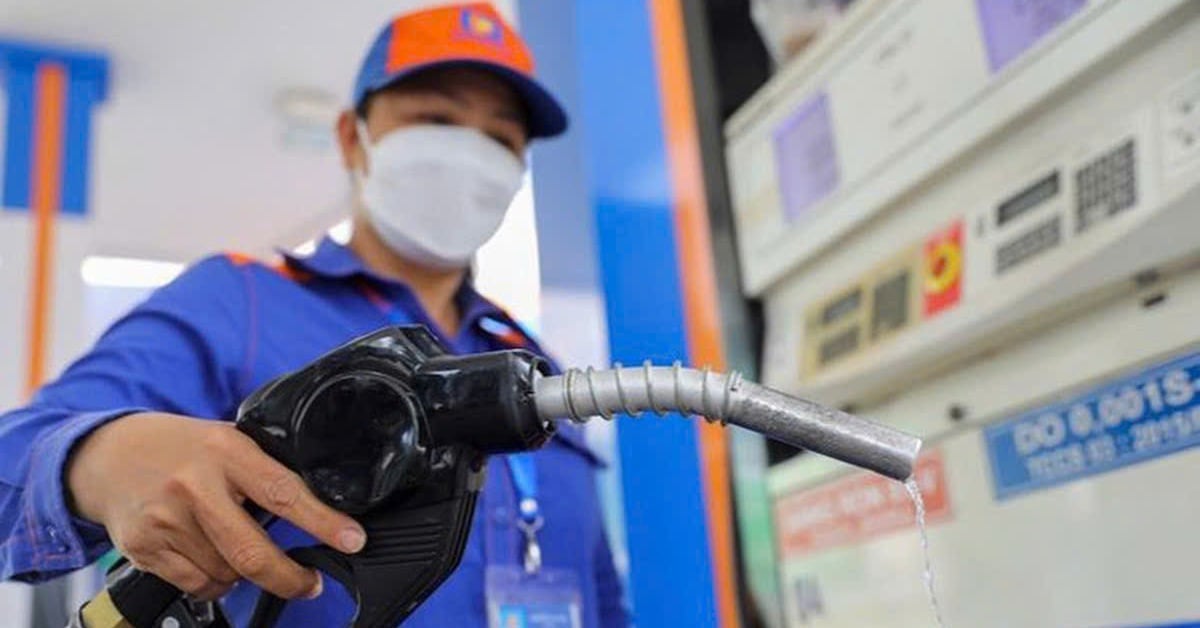

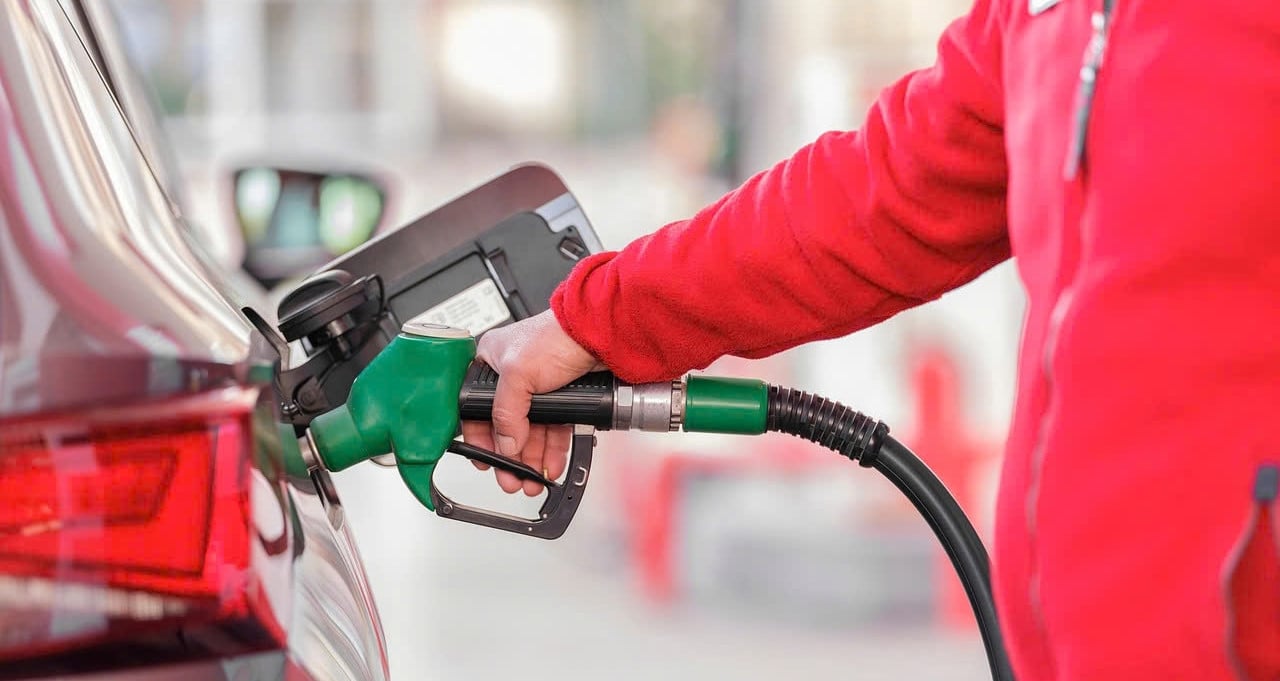

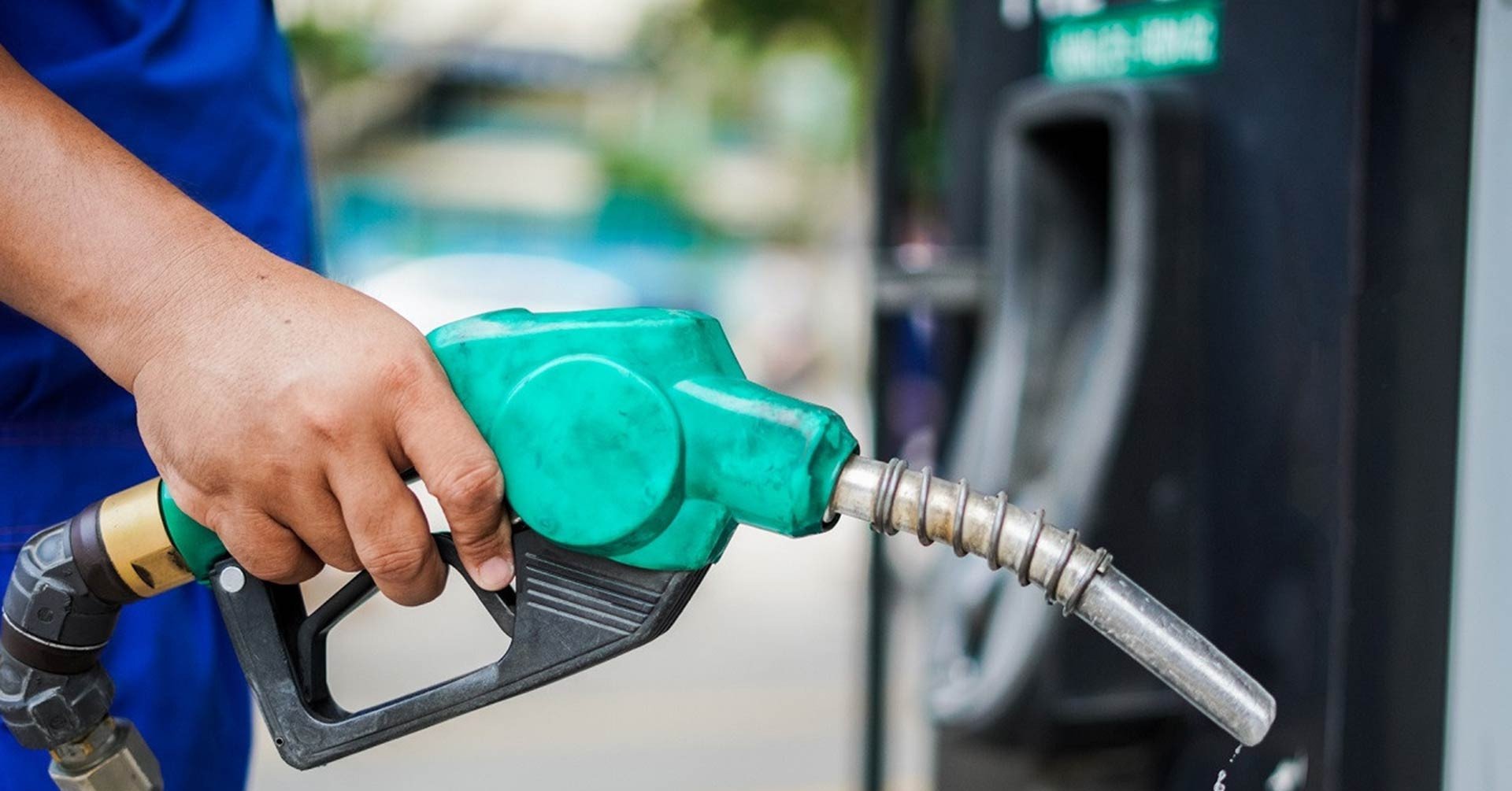
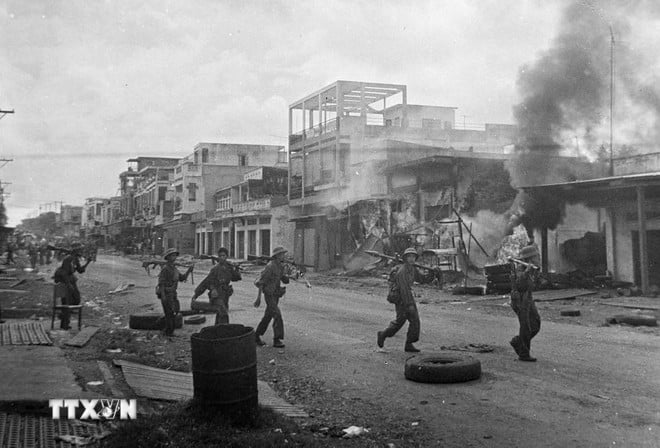
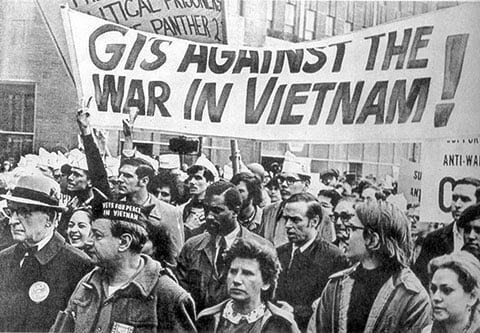

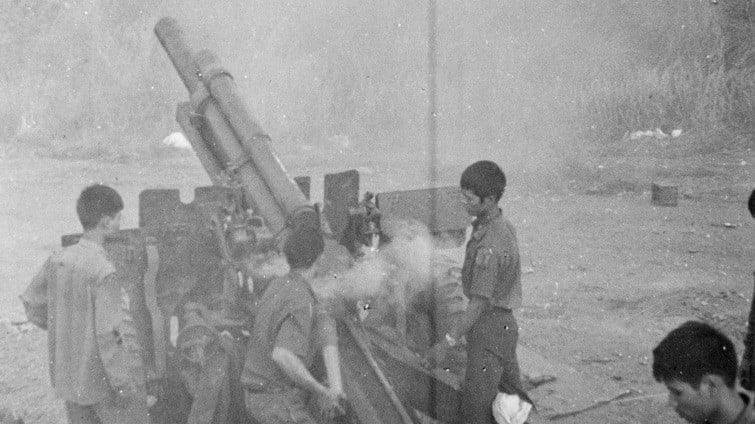
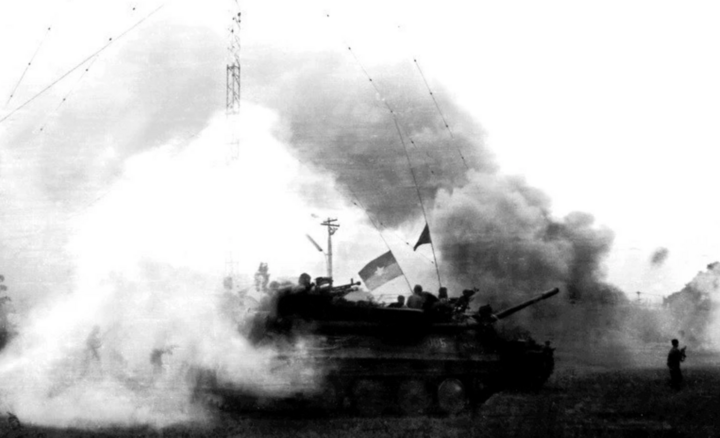
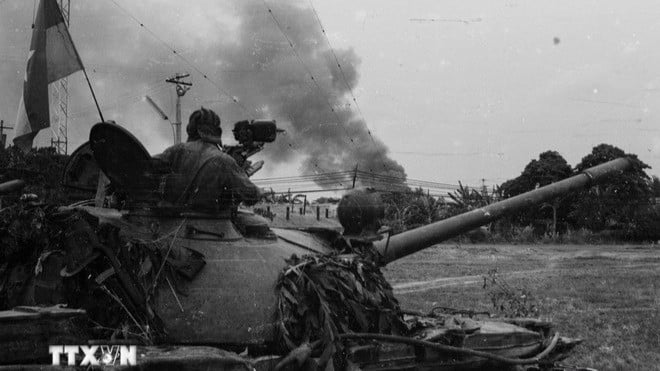







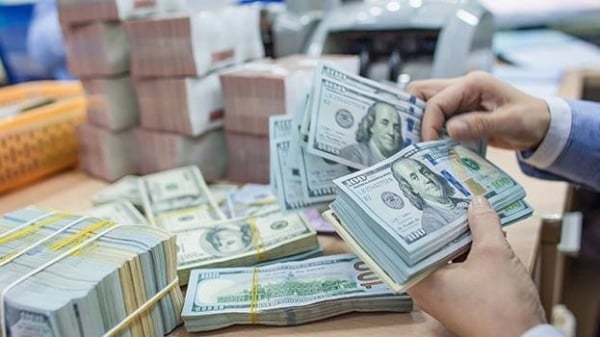
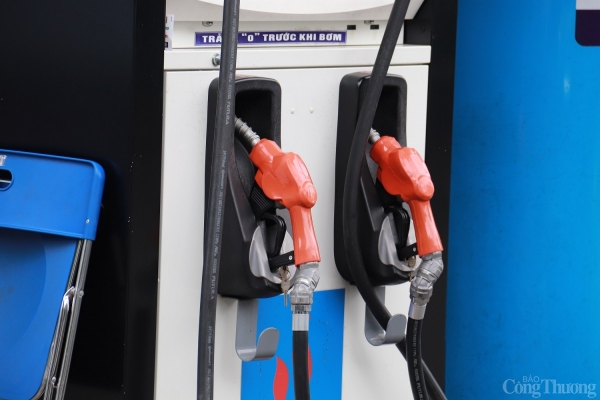
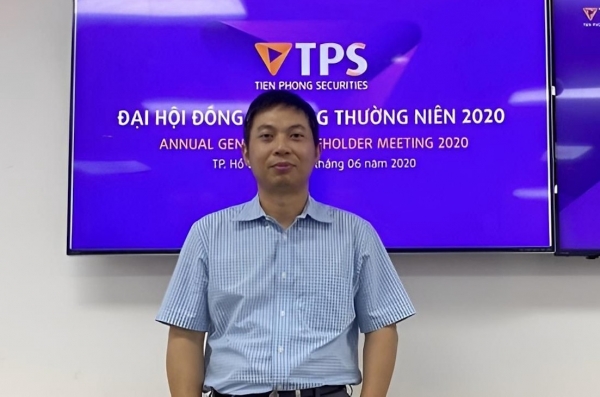
![[Photo] Unique folk games at Chuong Village Festival](https://vstatic.vietnam.vn/vietnam/resource/IMAGE/2025/4/10/cff805a06fdd443b9474c017f98075a4)




































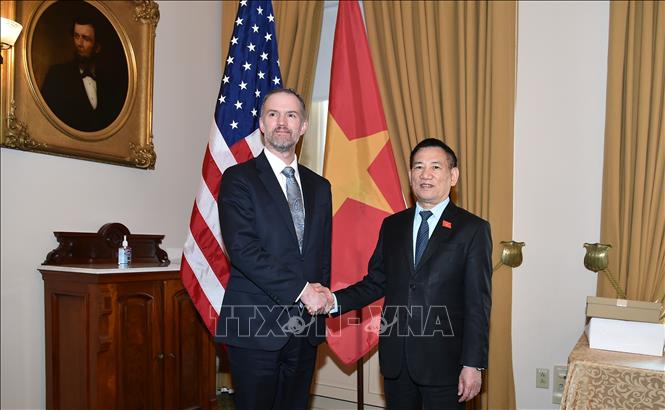













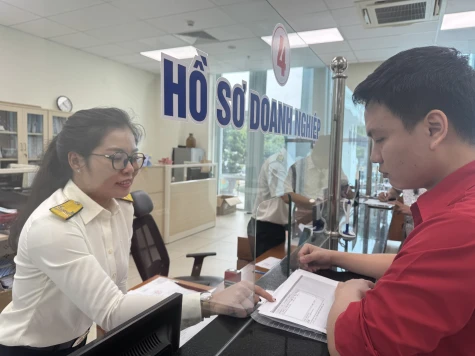

![[Photo] Taking advantage of every sunny hour, asphalting the road through the old forest of Y Ty](https://vstatic.vietnam.vn/vietnam/resource/IMAGE/2025/4/11/c11987f152014781abe6aad9e09fb401)











Comment (0)